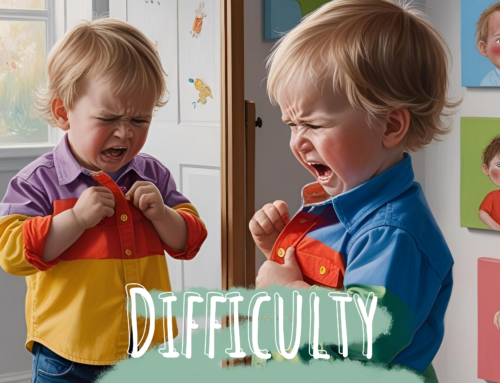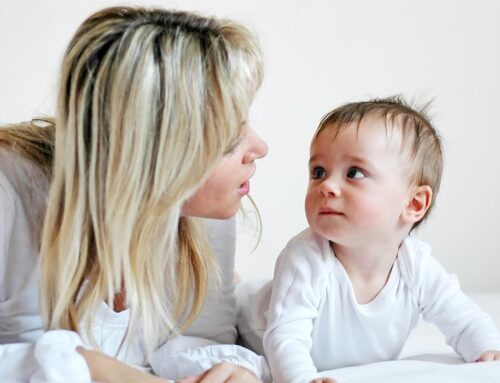Pros & Cons of Co-sleeping
Co-sleeping, or the practice of sleeping with your baby in the same bed, is a controversial topic. Some parents swear by it, claiming it leads to a stronger bond with their child and better sleep for everyone involved. Others, however, caution against the dangers of suffocation and recommend against it altogether. So, what are the pros and cons of co-sleeping? Let’s take a closer look.
Pros:
Bonding: One of the most commonly cited benefits of co-sleeping is that it can lead to a stronger bond between parent and child. Being in close proximity to your baby throughout the night can create a sense of security and closeness that can be difficult to achieve through other means.
Better Sleep for Baby: When babies co-sleep with their parents, they often sleep for longer periods and wake up less frequently during the night. This can be attributed to babies feeling more secure and comforted when sleeping next to their parents.
Convenience: Co-sleeping can also be more convenient for parents. Rather than getting up and going to another room to attend to their baby’s needs, parents can simply reach over and provide comfort or attend to any issues that arise during the night.
Cons:
Suffocation: One of the biggest concerns surrounding co-sleeping is the risk of suffocation. Babies can easily become trapped or smothered by blankets, pillows, or even the adult sleeping next to them. This risk is particularly high for newborns and infants, who are unable to move themselves out of dangerous situations.
Disturbed Sleep for Parents: While co-sleeping can lead to better sleep for babies, it can often lead to disturbed sleep for parents. Babies are known for their erratic sleep patterns, and co-sleeping can make it difficult for parents to get the rest they need.
Long-Term Dependence: Co-sleeping can also lead to long-term dependence on the part of the child. If a child becomes used to sleeping in the same bed as their parents, they may have difficulty sleeping on their own later on. This can lead to problems when the child reaches school age and needs to sleep independently.
Impact on the Relationship: Finally, co-sleeping can impact the relationship between parents. Co-sleeping can cause tension and conflict if one partner is uncomfortable. It can also lead to decreased intimacy, as the bed becomes a space reserved for the child rather than for the couple.
In conclusion, co-sleeping can have both pros and cons. While it can lead to a stronger bond between parent and child and better sleep for the baby, it also carries the risk of suffocation, can lead to disturbed sleep for parents, and can create long-term dependence in the child. It’s important for parents to weigh the pros and cons and make an informed decision that works best for their family. If you do choose to co-sleep, it’s important to follow safe sleep practices and take steps to minimize the risks involved.





